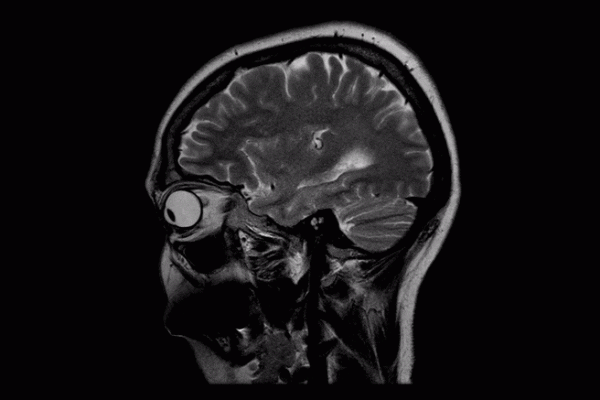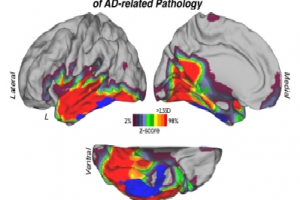Antibiotics in Early Life Could Lead to Brain Disorders
Antibiotic exposure early in life could alter human brain development in areas responsible for cognitive and emotional functions, according to a Rutgers researcher.
The laboratory study, published in the journal iScience, suggests that penicillin changes the microbiome — the trillions of beneficial microorganisms that live in and on our bodies — as well as gene expression, which allows cells to respond to its changing environment, in key areas of the developing brain. The findings suggest reducing widespread antibiotic use or using alternatives when possible to prevent neurodevelopment problems.
Penicillin and related medicines (like ampicillin and amoxicillin) are the most widely used antibiotics in children worldwide. In the United States, the average child receives nearly three courses of antibiotics before the age of 2. Similar or greater exposure rates occur in many other countries.
“Our previous work has shown that exposing young animals to antibiotics changes their metabolism and immunity. The third important development in early life involves the brain. This study is preliminary but shows a correlation between altering the microbiome and changes in the brain that should be further explored,” said lead author Martin Blaser, director of the Center for Advanced Biotechnology and Medicine at Rutgers.
More to read:
https://scitechdaily.com/antibiotics-in-early-life-could-lead-to-brain-disorders/amp/





Related Posts